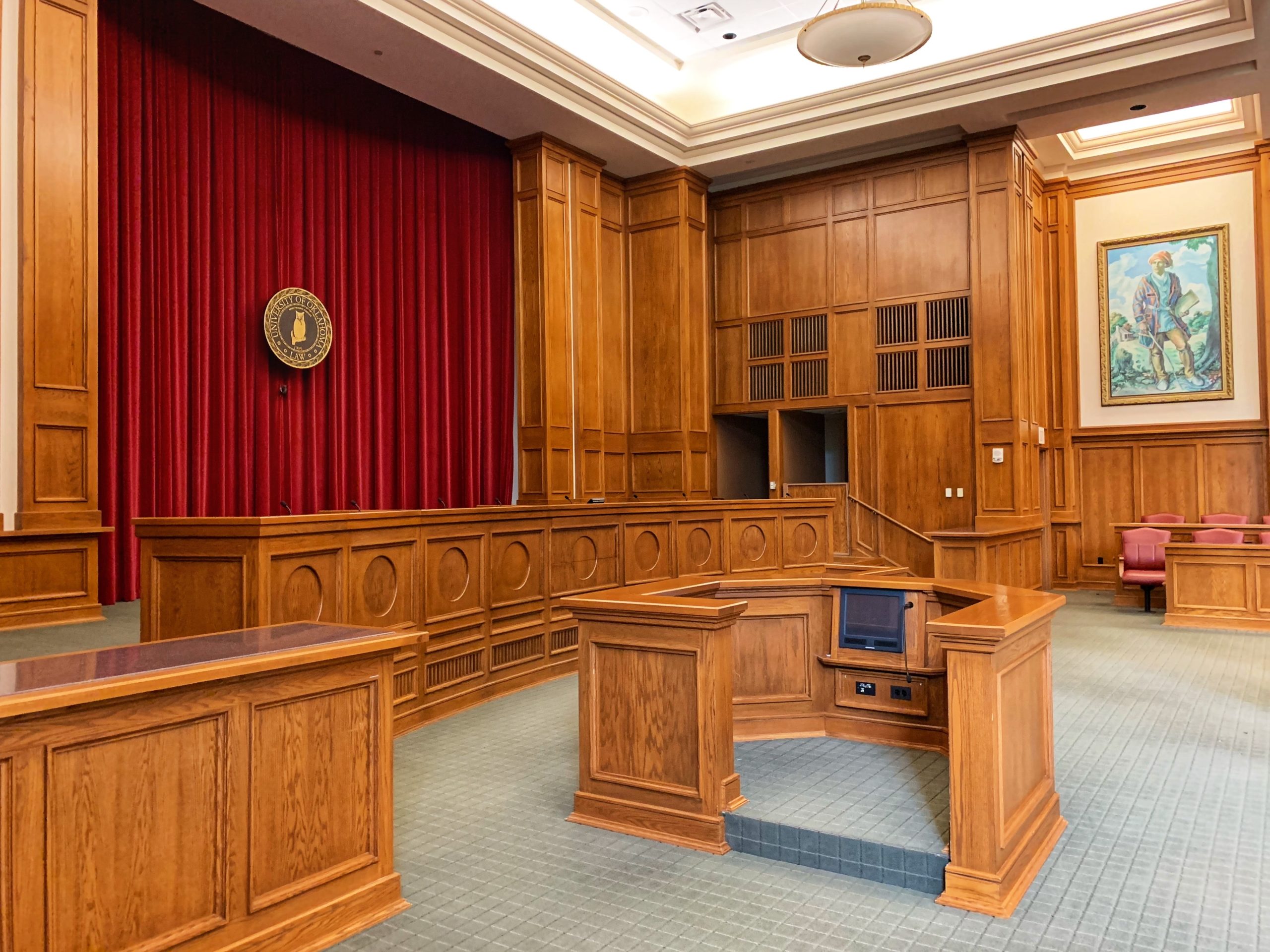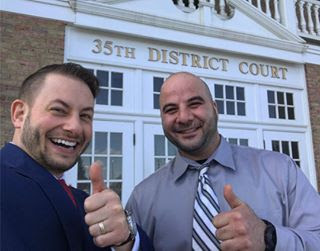
What Happens at Sentencing?
What Happens in Court?
Part IV – What happens at Sentencing?
This is the final blog post in a series of four aimed at informing the public about the court procedure when you have been charged with a crime.
Criminal defense lawyer, Aaron J. Boria, prides himself on client satisfaction and keeping his clients in the know. We hope this blog series is helpful and guides you through the court process.if you have been charged with a crime, call (734) 453-7806 for the best defense around.
Part one “What Happens at an Arraignment?”
Part two “What Happens at a Pre-trial?”
Part three “What Happens at Trial”
Call (734) 453-7806 today for a free consultation or drop by our office at 472 Starkweather Street, in downtown Plymouth. Aaron J. Boria’s profile can be viewed here.
What Happens at Sentencing?
If you took a plea to a lesser criminal charge or you were found guilty at trial then your next appearance in court will be for sentencing.
*Note that if you took a reduction to a civil infraction there will not be a sentencing. For example, if a criminal charge of reckless driving was reduced to a civil infraction for carless driving there would not be a sentencing, just a fine would be assessed.
Will I go to jail at sentencing?
A judge has some discretion when it comes to sentencing. Most people are worried about jail. Jail time is generally given a range with minimums and maximums.
In district court a judge usually has discretion to order jail time of 0 days in jail for the minimum (meaning the judge doesn’t have to order jail time) and up to 90 days, 93 days, 6 months, and in some cases a year.
In circuit court, when a judge is sentencing on a felony the judge usually has a greater range of time that they can order. In circuit court, a judge can sometimes order probation without jail, but can order months to years depending on the case. In some cases, like felony firearm for example, the judge must order two years or prison time and there is no discretion to lower the prison time.
If you are not given a jail term it is likely that you will be given a probationary term. Probation in district court can last up to two years, and even longer in circuit court. It is not uncommon for a circuit court probationer to get five years of probation.
Probation can include rehabilitation programs, drug and alcohol testing, drug and alcohol testing education, community service, work program, and other punitive measures. It is also possible for the judge to order you to do something like complete your GED or to get a job.
In some case you may be able to walk out of court with nothing more than a fine.
Plymouth Criminal Defense Lawyer
If you have been charged with a crime contact Plymouth criminal defense lawyer Aaron J. Boria. We fight for our clients and we get results!
In our cases, we prepare our clients and coach them in a way that when it comes time for sentencing our clients are often ordered to do less on probation than others.
We go out of our way and do everything possible to try to keep our clients from ever seeing the inside of a jail cell.
For serious representation, call criminal lawyer, criminal defense attorney Aaron J. Boria today (734) 453-7806.





